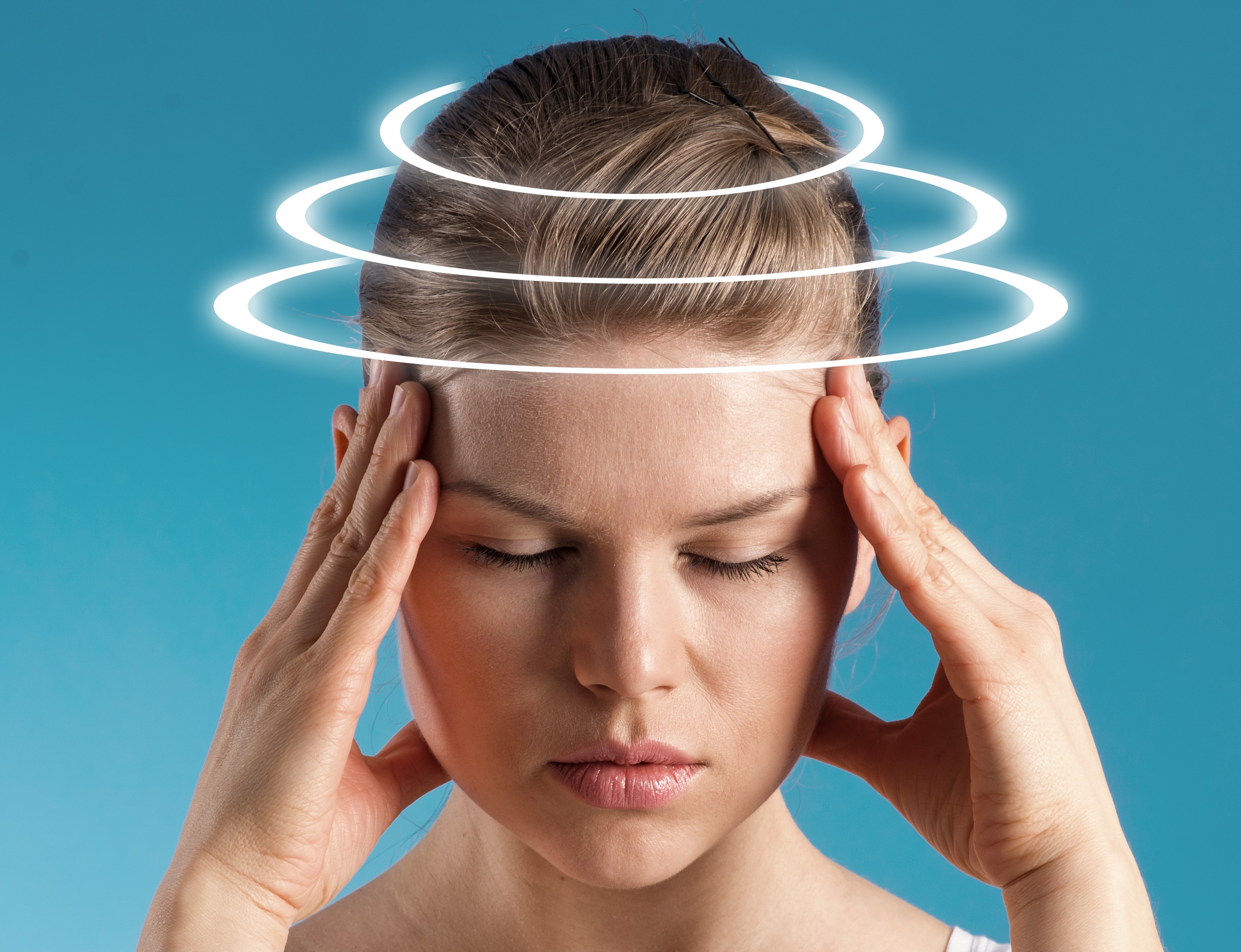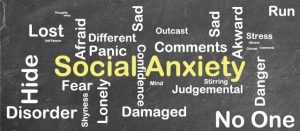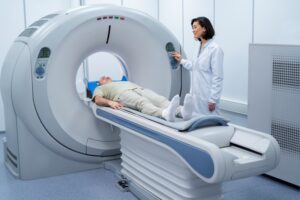
Vertigo is a condition in which a person feels that the world is spinning, rocking or rotating, even while he or she is perfectly still. The vertigo can last for a few moments and after that it disappears. In some cases if cause of vertigo is injury then it can last for many hours or also days, till treatment is administered.
Sound waves travel through the canal in the outer ear and reach the ear drum. The sounds transform into vibrations and via the stapes, malleus and incus the three small bones get transmitted through the inner ear. After this the vibrations get transmitted to the cochlea and then to the vestibular nerve, finally, which then carries the signal to the brain.
Vertigo is caused due to inflammation of inner ear or irritation and displacement of stones or crystals in the inner ear. Depending upon whether the cause is central or peripheral, the type of vertigo can be defined. When there is problem within the inner ear, it leads to peripheral vertigo. When there is problem in the spinal cord or brain, the cause is termed as central.
The risk of getting Vertigo can increase with head injuries, anti seizure mediations, anti depressants, aspirin and medications for blood pressure. Anything that could increase risk of stroke or even alcohol consumption could cause Vertigo.
Symptoms of Vertigo include feeling of turning around, dizziness, unsteadiness, lightheadedness, vision issues and some other conditions. Subjective Vertigo is a condition in which the person feels a sense of spinning around. Objective Vertigo is a condition in which the person feels that the surrounding environment is rotating.
Diagnosis is done with physical examination, imaging, Dux-Hallpike test, ‘roll test’, CT scan, MRI scan, electrical evaluation or electronystagmography.
Vertigo treatment includes particle repositioning movements like the Canalith repositioning procedure or the Epley maneuver procedure done by an experienced professional in health care. Vestibular rehabilitation habituation or Cawthorne head exercises are simple movements which may be recommended to the patient for best results. Effective medications like Meclizine, Benzodiazepine medications and other medications may be recommended by the doctor to provide symptomatic relief.
Risk of getting Vertigo can be reduced best by ensure that blood glucose levels, weight and cholesterol are in optimal range. Controlling intake of salt and maintaining a healthy lifestyle can help decrease risk of getting Vertigo.








